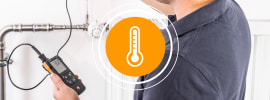- High accuracy internal NTC thermistor sensor for reliable data
- Data transfer possible using the USB port, or SD card (optional)
- Easy to read large display that shows current reading and exceeded measurement limits
- IP65 proection class
- Capable of CFR 21 Part 11 Compliancy
- Free data logger software available for download
- Data is secured within the logger, and can be password protected using ComSoft
- Includes lockable wall mount to prevent theft or tampering
- Home
- testo 175T1
testo 175T1 - Temperature data logger
Product no. 0572 1751

testo 175T1 - Temperature data logger
Product no. 0572 1751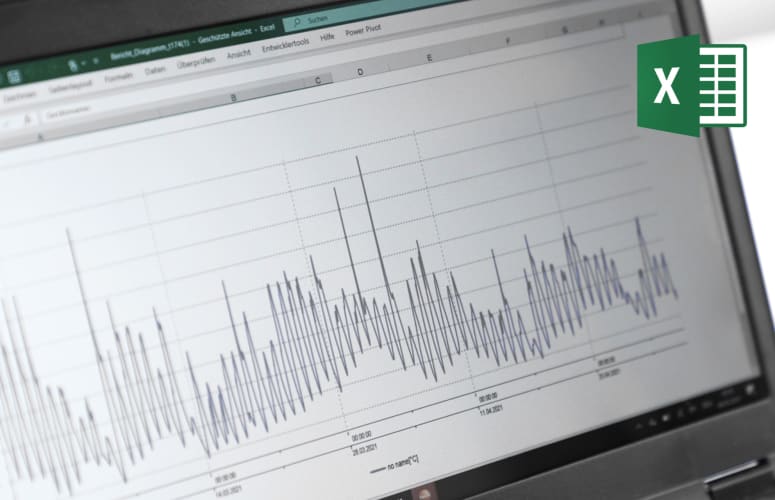 Professional software with Excel export function for programming the logger and data analysis.
Professional software with Excel export function for programming the logger and data analysis.
Description
Delivery Scope
Technical data
Temperature - NTC
| Measuring range | -31° to 131 °F / -35 to +55 °C |
|---|---|
| Accuracy | ±0.9 °F (-31° to 131 °F) ±1 Digit / ±0.5 °C (-35 to +55 °C) ±1 Digit |
| Resolution | 0.1 °F / 0.1 °C |
General technical data
| Weight | 4.59 oz. / 130 g |
|---|---|
| Dimensions | 4 x 2 x 1 in. / 89 x 53 x 27 mm |
| Operating temperature | -31° to 131 °F / -35 to +55 °C |
| Housing | Plastic |
| Protection class | IP65 |
| Channels | 1 internal |
| Product colour | white |
| Standards | EU-guideline 2014/30/EU; DIN EN 12830; 2011/65/EU |
| Measuring rate | 10 s - 24 h |
| Battery type | 3 x AIMn type AAA or Energizer |
| Battery life | 3 years (15 min. meas. rate, +25 °C) |
| Interface | mini usb, SD card slot |
| Memory | 1,000,000 measuring values |
| Storage temperature | -31° to 131 °F / -35 to +55 °C |
Accessories
Accessories
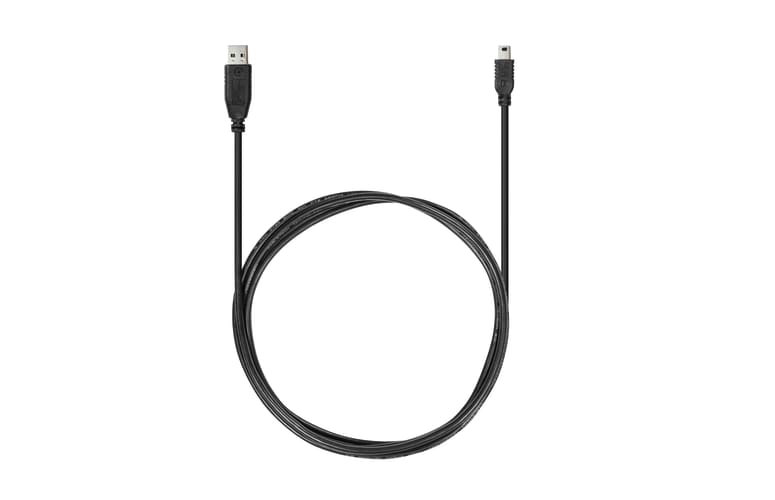
0449 0047
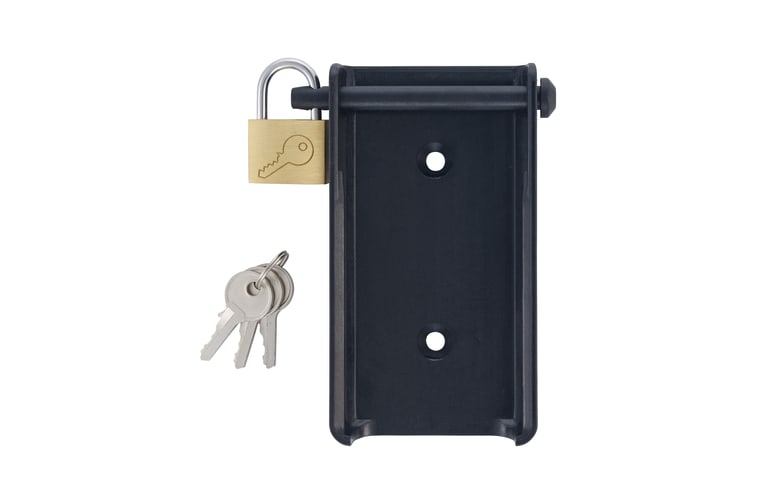
0554 1702
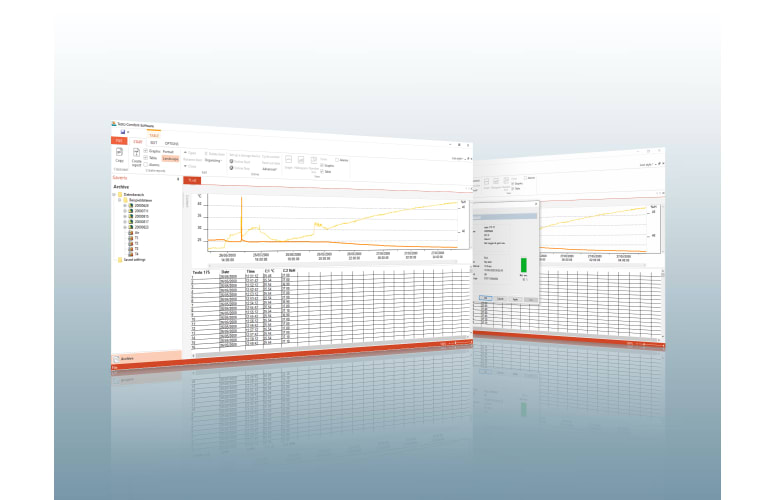
0554 1704
Applications
Monitoring and documentation of the temperature in cold storage rooms
Many foodstuffs or medicines have to be stored within a certain cold temperature range. This may be in individual refrigerated storage rooms, but also in specialised cold storage warehouses or high bay cold store warehouses. The temperature has to be documented in all of these refrigerated facilities, as strict regulations apply to quality management both in the food processing and medicine industries.
Data loggers are usually placed at the 'Critical Control Points' (CCPs) of a cold storage room to enable any fluctuations in temperature to be detected and appropriate action to be taken. Critical places include doors or passages into other temperature zones within a warehouse.
Monitoring the temperature in frozen food storage areas
There are many facilities where (deep) frozen foods need to be stored. These range from individual freezer rooms at small food manufacturers (e.g. butchers), restaurants and supermarkets, freezer rooms in the food processing industry, right through to specialised cold storage warehouses/high bay freezer warehouses. In all of these facilities, the temperature has to be documented continuously. In Europe, only temperature recording devices that comply with EN 12830 are allowed to be used.
Data loggers are typically used to measure the air temperature in these kinds of storage facilities. The measuring instrument is positioned within the freezer room at the critical places where possible, such as by doors or refrigeration units, where it records temperature data at specified intervals (typically: every 15 minutes).
With the aid of special software, the recorded data can consequently be analysed and stored.
Monitoring and documentation of storage temperatures
The proper observance of storage temperatures is an important prerequisite for the quality control of many products; e.g. in the area of foodstuffs and pharmaceutical products.
Data loggers are usually used for this purpose. They monitor and document the course of ambient temperature automatically, thereby contributing significantly to verifying that product quality is being maintained.
The direct display of violations of limit values allows fluctuations in temperature to be responded to fast. With the aid of the configuration and read out software, custom measurement configurations can also be made and recorded measurement data can be both analysed and stored.
Monitoring and documentation of transit temperatures
The smooth recording and documentation of measurement data plays a significant role for all products that are sensitive to temperature fluctuations, or which need to be stored in a predesignated area.
The wrong temperature conditions during transportation can result in major losses in quality right through to a complete loss of value for the monitored products.
With the aid of a data logger, goods in transit can be monitored to make sure specified temperature zones are being observed; this can then be read out, analysed and stored using special software.
Downloads
Product brochures
- Data sheet testo 175 T1 / testo 175 T2(pdf, 564.62 kB)
Operating instructions
- EU declaration of conformity testo 175 T1(pdf, 33.01 kB)
- Instruction manual testo 175-T1. -T2. -T3. -H1(pdf, 1.13 MB)Instruction manual testo 175-T1. -T2. -T3. -H1
- Short manual testo 175-T1. -T2(pdf, 353.8 kB)
Software
- Firmware testo 175 T1(v2.00, 4.12 MB)
- testo usb driver - Instruction manual(pdf, 676.7 kB)
- ComSoft Basic Instruction manual(pdf, 868.78 kB)
- testo usb driver - for various measuring instruments(v2.9.1, 2.02 MB)USB driver for the following devices with USB port: * USB Interface testo 174 / 177 - T + H * testo 300 / 320 / 330 / 330i / 335 / 340 / 350 * testo 435 * testo 556 / 560 / 570 / 580 * testo 635 * testo 735 * testo 845
